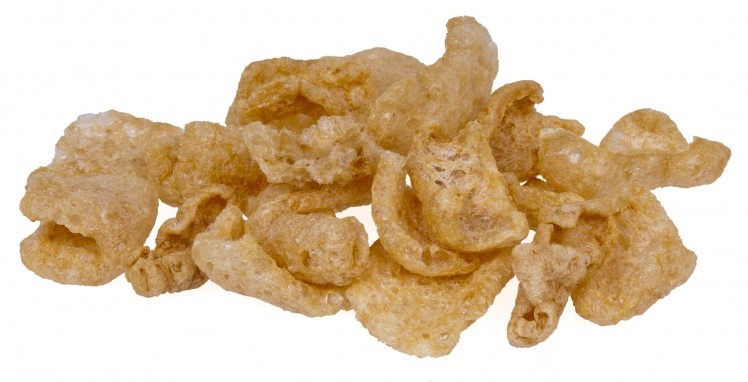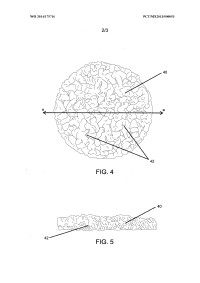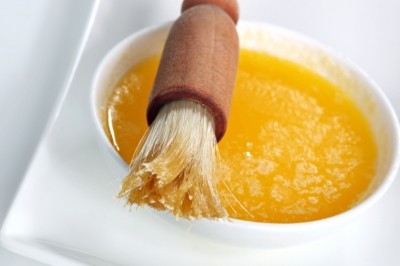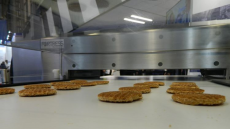Patent Watch
Grupo Bimbo files patent for reduced-fat pork rinds

In an international patent filing, Grupo Bimbo said traditional pork rinds faced a number of hurdles, including the naturally high fat content which was off-putting for Latino consumers amid growing health and obesity concerns.
In addition, a typically shorter shelf life due to fat oxidation meant losses at the retail stage were common and export opportunities restricted, it said.
Grupo Bimbo’s pork rinds, however, differed “substantially” to what was already on the market, it claimed.
Frying stage scrapped
The Mexico-headquartered food major said it had ditched the traditional frying stage completely – opting for an alternative cooking method instead.
Instead of cutting the pork skin into squares and frying the product in pork fat, as the traditional method dictates, the company crushed stewed pork skin into small pieces between 2-4mm and set the crumbs into pre-heated molds of between 70-200⁰C for pressurized ‘cooking’.
The pressure at high heat process was kept short – between three to six seconds, Bimbo explained.
The result was a ‘light’ pork rind snack, it said, “derived from the fact that during the preparation, the step which involves frying it in pork fat is removed”.
The snacks could be molded into a number of shapes, Bimbo said, including circular or rectangular snacks with diameters as large as 7-10cm and a typical thickness of 1cm.
Because the pork skin pieces were fed into the mold ahead of heating, the snack also had a random texture which helped consumer appeal, it added.
Improved nutrition, better shelf life
In its patent filing, Grupo Bimbo included comparative nutritional details for artisanal, industrial and its own pork rind snacks.
While it didn’t specify the amount of grams in each test serving, it indicated that compared to one portion of industrial pork rinds that contained 9g of overall fat, its product contained only 3.5g.
Similarly, saturated fats were reduced to 3.5g from 4g in industrial pork rinds and Bimbo had completely eliminated monounsaturated and polyunsaturated fats, it claimed. The sodium and protein content remained the same but the cholesterol was also lowered by 2g to 18 g per portion.
In addition, shelf life could be extended to 18 weeks – up from the 16 weeks typically associated with regular pork rind snacks, Bimbo said. This, it detailed, was because of the lower fat levels in the snack which decreased oxidation.
Source: WIPO Publication No. WO/2014175716
Published: October 30, 2014. Filed: April 26, 2013
“Edible product of animal origin and production method”
Authors: Grupo Bimbo – V. Rodriguez













